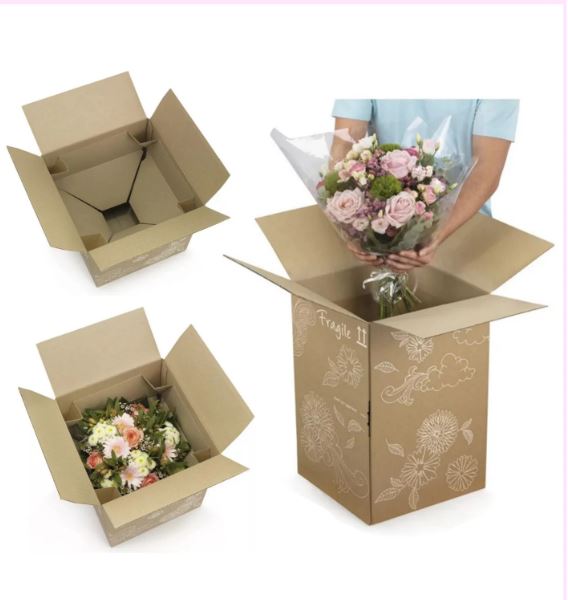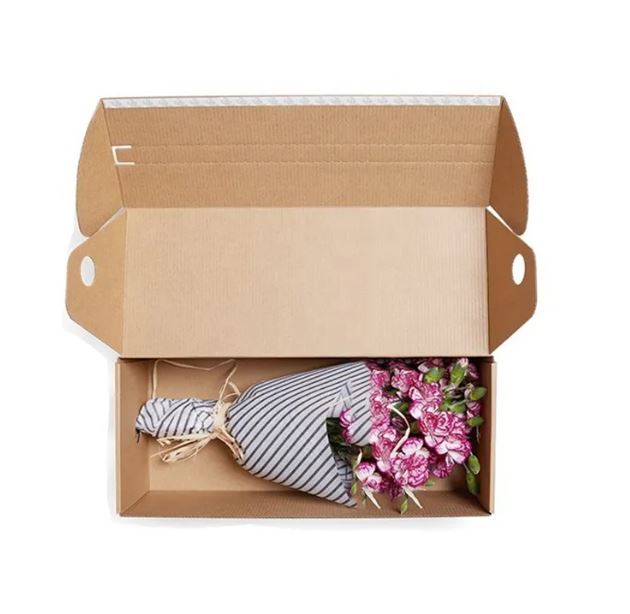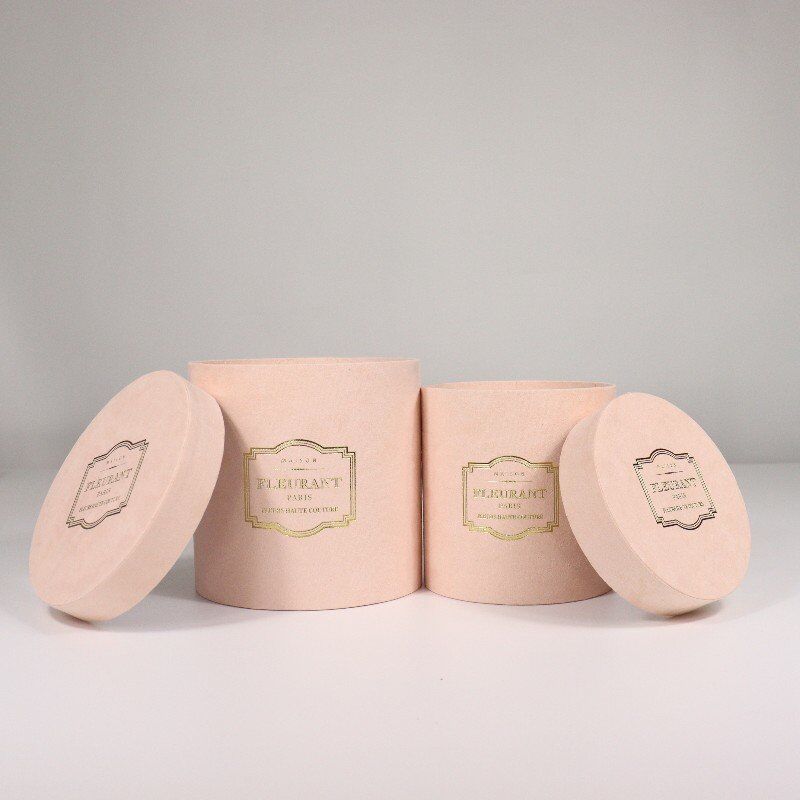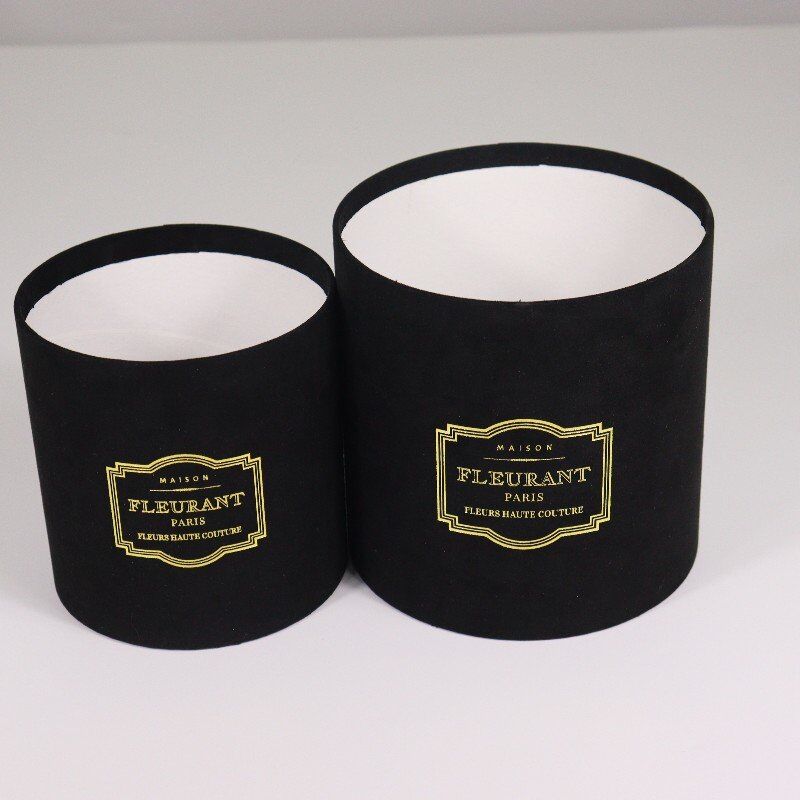- All
- Product Name
- Product Keyword
- Product Model
- Product Summary
- Product Description
- Multi Field Search
Views: 203 Author: XianDa Publish Time: 2024-12-18 Origin: Site

Content Menu
● How to Make a Flower Box Bouquet
● Creating Your Flower Box Bouquet
>> Step 3: Fill in with Secondary Flowers
>> Step 4: Add Accent Flowers and Fillers
● Tips for a Professional-Looking Flower Box Bouquet
● Caring for Your Flower Box Bouquet
● Customizing Your Flower Box Bouquet
● Advanced Techniques for Flower Box Bouquets
>> 4. Incorporating Unusual Elements
● Seasonal Considerations for Flower Box Bouquets
>> Spring
>> Summer
>> Autumn
>> Winter
>> 1. How long will a flower box bouquet last?
>> 2. Can I reuse the box for future arrangements?
>> 3. How do I choose the right size box for my arrangement?
>> 4. Can I use artificial flowers in a flower box bouquet?
>> 5. How can I make my flower box bouquet more eco-friendly?
Creating a stunning flower box bouquet is an art that combines creativity, skill, and the right materials. This comprehensive guide will walk you through the process of crafting a beautiful arrangement that's sure to impress. We'll cover everything from selecting the perfect box from a flower paper box factory to adding the final touches to your masterpiece.
Before you begin, gather these essential items:
1. A sturdy box (ideally from a reputable flower paper box factory)
2. Floral foam
3. Plastic wrap or cellophane
4. Fresh flowers and greenery
5. Scissors or garden shears
6. Floral tape
7. Ribbon (optional)
8. Decorative elements (optional)


The foundation of your flower box bouquet is the box itself. Choose a box that complements your floral design and is sturdy enough to hold the arrangement. Many florists prefer to source their boxes from a specialized flower paper box factory to ensure quality and durability.
When selecting a box from a flower paper box factory, consider:
- Material: Opt for high-quality, water-resistant materials.
- Size: Choose a box size that accommodates your desired arrangement without overcrowding.
- Design: Select a box style that complements your floral theme and the occasion.
- Customization: Some flower paper box factories offer personalization options.
Select a variety of flowers in complementary colors and textures. Popular choices include:
- Roses
- Carnations
- Lilies
- Hydrangeas
- Chrysanthemums
- Spray roses
- Gerbera daisies
Don't forget to include greenery for added texture and fullness.
Start by soaking your floral foam in water mixed with flower food. Allow it to absorb the water naturally – don't force it under the surface. This process usually takes about 5-10 minutes.
Pro tip: Use room temperature water for better absorption and to avoid shocking the flowers when you insert them later.
Once your floral foam is fully saturated, wrap it in plastic wrap or cellophane. This will protect the box from moisture. Place the wrapped foam inside your box, trimming it to fit if necessary.
Ensure that the plastic wrap extends slightly above the edges of the box to create a water-tight seal. This step is crucial for maintaining the integrity of your flower paper box, especially if it's from a high-quality flower paper box factory.
Now comes the fun part – arranging your flowers!
Begin by adding your greenery to create a base for your arrangement. This will provide structure and help fill out the bouquet. Common greens used include:
- Eucalyptus
- Ferns
- Ivy
- Leather leaf
- Salal
Start by inserting the larger pieces of greenery around the edges of the box, creating a frame for your flowers.
Next, add your largest, most eye-catching flowers. These will serve as the focal points of your arrangement. Place them strategically throughout the box, ensuring an even distribution.
When working with focal flowers:
- Cut stems at a 45-degree angle to maximize water uptake
- Remove any leaves that will be below the water line
- Consider the flower's natural growth pattern when positioning it
Now, add your secondary flowers to fill in gaps and create depth in your arrangement. Vary the heights and angles for a more natural look.
As you add secondary flowers, step back occasionally to assess the overall balance and symmetry of your arrangement.
Use smaller flowers and fillers to add texture and fill any remaining spaces in your arrangement. Popular filler flowers include:
- Baby's breath
- Waxflower
- Statice
- Limonium
These delicate blooms can add a soft, ethereal quality to your flower box bouquet.
Step back and assess your arrangement. Make any necessary adjustments, ensuring your bouquet has a pleasing shape and balance. This is also the time to add any decorative elements like ribbons, bows, or special accents that complement your design.


1. Create depth: Place taller flowers towards the back and shorter ones in front to create a sense of depth.
2. Use odd numbers: Grouping flowers in odd numbers (3, 5, 7) tends to look more natural and visually appealing.
3. Consider color harmony: Choose a color scheme that complements both the box and the occasion.
4. Vary textures: Mix different flower types and greenery for added visual interest.
5. Secure delicate stems: For flowers with weak stems, create a hole in the foam with a stronger stem before inserting the delicate flower.
To ensure your flower box bouquet stays fresh for as long as possible:
1. Keep the floral foam moist by gently watering it every few days.
2. Remove any wilted flowers promptly to prevent bacterial growth.
3. Keep the arrangement away from direct sunlight and heat sources.
4. Change the water in the foam every 2-3 days if possible.
Get creative with your flower box bouquet by adding personal touches:
- Incorporate seasonal elements like pine cones for winter or seashells for summer.
- Add a personalized message or card. Many flower paper box factories offer customization options for adding printed messages directly to the box.
- Include non-floral elements like feathers, crystals, or decorative branches for a unique twist.
- Experiment with different box shapes, such as heart-shaped boxes for Valentine's Day or square boxes for modern arrangements.
For the best results, it's essential to use high-quality materials. Many professional florists recommend sourcing boxes from a reputable flower paper box factory. These specialized manufacturers produce boxes designed specifically for floral arrangements, ensuring they can withstand moisture and provide the perfect backdrop for your beautiful bouquet.
When selecting a flower paper box factory, consider factors such as:
1. Material quality: Look for boxes made from sturdy, water-resistant materials.
2. Customization options: Choose a factory that offers a range of sizes, colors, and designs.
3. Eco-friendly practices: Support sustainable manufacturing by selecting a flower paper box factory that uses environmentally friendly materials and processes.
4. Bulk ordering capabilities: If you're a professional florist, find a factory that can accommodate large orders.
5. Design variety: Opt for a factory with a wide selection of box styles to suit different occasions and themes.
By choosing a reliable flower paper box factory, you'll have access to a wide range of box styles, sizes, and colors to suit any occasion or design preference.
As you become more comfortable with creating basic flower box bouquets, you may want to explore more advanced techniques to elevate your designs:
Create depth and interest in your arrangements by layering different types of flowers and foliage. Start with a base layer of greenery, then add layers of flowers with varying heights and textures. This technique can create a lush, garden-inspired look that's perfect for romantic or rustic-themed events.
Experiment with bold color combinations by grouping flowers of similar hues together in distinct sections of your box. This modern approach can create a striking visual impact and is particularly effective when using a flower paper box with a minimalist design.
Break away from traditional symmetrical arrangements by creating an intentionally unbalanced design. This contemporary style can add drama and movement to your flower box bouquet, making it a conversation piece at any event.
Don't be afraid to think outside the box (pun intended) when it comes to your flower box bouquets. Consider incorporating elements like:
- Succulents or air plants for a modern, low-maintenance touch
- Dried flowers or grasses for added texture and longevity
- Fruit or vegetables for a unique, seasonal twist
- LED lights for an enchanting evening display
Create a stunning gradient effect by arranging flowers in a color progression from light to dark or vice versa. This technique works particularly well with monochromatic color schemes and can create a sophisticated, high-end look.
Adapting your flower box bouquets to the seasons can help create arrangements that feel fresh and timely throughout the year. Here are some seasonal ideas to inspire your designs:
Embrace the freshness of spring with delicate blooms and pastel hues. Consider incorporating:
- Tulips
- Daffodils
- Cherry blossoms
- Hyacinths
- Peonies
Use a light, pastel-colored box from your flower paper box factory to complement the spring theme.
Capture the vibrancy of summer with bold colors and lush textures:
- Sunflowers
- Dahlias
- Zinnias
- Gladioli
- Tropical foliage
Opt for bright, cheerful box colors to match the energy of summer blooms.
Reflect the warm, rich tones of fall in your arrangements:
- Chrysanthemums
- Dahlias
- Sunflowers
- Autumn leaves
- Berries
Choose boxes in deep reds, oranges, or browns to complement the autumnal theme.
Create cozy, elegant arrangements that bring warmth to the cold season:
- Amaryllis
- Poinsettias
- Holly
- Pine branches
- White roses
Select boxes in deep greens, rich reds, or crisp whites for a classic winter look.
By considering these seasonal elements, you can create flower box bouquets that are perfectly suited to the time of year, making them even more special and relevant for your recipients.
To help you further perfect your flower box bouquet skills, here are answers to some common questions:
With proper care, a flower box bouquet can last anywhere from 5 to 14 days, depending on the types of flowers used and the environmental conditions. Hardier flowers like carnations and chrysanthemums tend to last longer than delicate blooms like lilies or tulips.
While it's possible to reuse the box, it's generally recommended to use a new box for each arrangement to ensure freshness and prevent any moisture damage. However, if you choose to reuse a box, make sure to thoroughly clean and dry it before creating a new arrangement.
Consider the number and size of flowers you plan to use. A good rule of thumb is to choose a box that's about 1.5 times the height of your tallest flower. This allows for proper proportions and ensures your arrangement doesn't look overcrowded or sparse.
Yes, artificial flowers can be used to create long-lasting arrangements. Many flower paper box factories offer boxes suitable for both fresh and artificial flowers. When using artificial flowers, you can skip the floral foam and use materials like styrofoam or floral clay to secure the stems.
Choose a box from a flower paper box factory that uses sustainable materials, opt for locally-grown flowers, and avoid using floral foam by using alternative methods like chicken wire or recyclable water tubes. You can also consider using biodegradable floral foam or creating "foam-free" designs using techniques like hand-tying or bundling.
By following these guidelines and tips, you'll be well on your way to creating stunning flower box bouquets that will impress and delight. Remember, practice makes perfect, so don't be afraid to experiment with different flowers, colors, and arrangements to find your unique style. With the right materials from a quality flower paper box factory and a bit of creativity, you can create professional-looking flower box bouquets for any occasion.